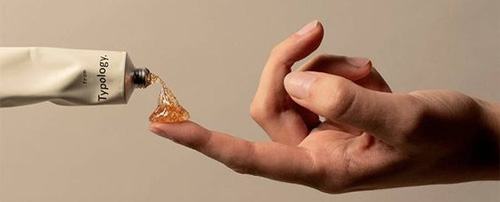Public toilets often go unused due to concerns about cleanliness. Unfortunately, the lack of hygiene in shared washrooms—whether in offices, hotels, or even at home—can expose users to harmful germs and bacteria. Health experts highlight the most common germs that can spread from unclean toilets and their potential risks:
1. E. Coli
E. coli bacteria, commonly found in stool, can cause stomach and intestinal problems when it enters the body through contact with contaminated surfaces.
2. Salmonella
This bacteria, a leading cause of food poisoning, can transfer to the body via unclean toilet seats.
3. Norovirus
Known for causing gastroenteritis, norovirus is a highly contagious virus that can survive for long periods on toilet seats and other surfaces.
4. Influenza Virus
The flu virus can lurk on toilet surfaces and transfer to the body via hands, leading to respiratory illnesses and other health issues.
5. Ringworm-Causing Fungi
Fungi that cause ringworm—a skin condition—can also spread through contaminated toilet seats, making hygiene critical.
6. Pinworms
Pinworm eggs, which cause itching around the anus, can spread via toilet seats and lead to infection, particularly in children.
7. Staph Bacteria
Staphylococcus aureus, or staph, can enter the body through cuts or wounds, causing skin infections. Unclean toilet seats are a common source of this bacteria.
Protect Yourself from Germs
- Carry a sanitizer spray while traveling to disinfect toilet seats in public restrooms.
- Use disposable toilet seat covers for added protection.
- Wash your hands thoroughly with soap and water after using the toilet.
- Avoid spreading tissue paper on toilet seats, as it can cause skin irritation.
By practicing these simple hygiene measures, you can safeguard your health and reduce the risk of infections from unclean toilet environments. Stay informed, stay safe!


